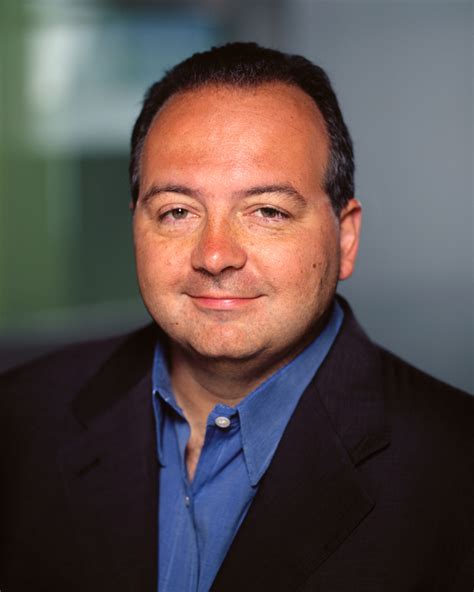A Quote by Ellen Ullman
The questions I am often asked about my career tend to concentrate not on how one learns to code but how a woman does.
Related Quotes
I have observed that male writers tend to get asked what they think and women what they feel," she says. "In my experience, and that of a lot of other women writers, all of the questions coming at them from interviewers tend to be about how lucky they are to be where they are – about luck and identity and how the idea struck them. The interviews much more seldom engage with the woman as a serious thinker, a philosopher, as a person with preoccupations that are going to sustain them for their lifetime.
I talked to my mother about it a lot. I asked her what it was like to grow up in New York and Harlem in the 1920s and 1930s, and I asked her about a woman leaving her husband. I asked her about how she would feel about that woman, and my mother grew up in the Church Of God In Christ, and she told me that the woman might be isolated because the other women thought she might go and come after their husbands. That's how they thought then.
As does every young man studying philosophy, I naturally asked myself questions about the truth of all this, and about the meaning of freedom, predestination, and liberty of choice and so on. But to have asked questions of yourself about it, I think is not too important. Let's say - I remain - I remained a believer.
The cool thing about Watchmen is it has this really complicated question that it asks, which is: who polices the police or who governs the government? Who does God pray to? Those are pretty deep questions but also pretty fun questions. Kind of exciting. It tries to subvert the superhero genre by giving you these big questions, moral questions. Why do you think you're on a fun ride? Suddenly you're like how am I supposed to feel about that?
Besides being asked why I write about young characters, I am often asked how I write about young characters. How do I throw myself across the chasm of full adulthood to relive that period? I guess I don’t, really. Age is not so much a feature of your character, as the spot where you stand for a pretty fleeting time on the arc of your life.
I'm surprised how often I'm asked about being a man with a woman narrator. I'm not the first, nor will I be the last. It's been done forever, but we seem to forget that. The whole notion of "write what you know" is not just boring, but wrong. Lately it seems like every novel has to be a memoir. I'm a boring person, but I'm a writer with a relatively vivid imagination. And when people ask me about how I find the voice of a woman, I tell them that my life is run by women.
Learning how to code and program computers when I was a kid was one of the best choices I made growing up. By writing code, I learned how to bring my dreams to life, how to budget, and how to build stuff. Whatever path you choose in life - being an artist, an engineer, a lawyer, a teacher, or even a politician, you will give yourself a huge leg up if you learn how to code.
Grown-ups love figures... When you tell them you've made a new friend they never ask you any questions about essential matters. They never say to you "What does his voice sound like? What games does he love best? Does he collect butterflies? " Instead they demand "How old is he? How much does he weigh? How much money does his father make? " Only from these figures do they think they have learned anything about him.
Gender bias is real. I was an early Barack Obama supporter, and I was even shocked at the way the media treated President Obama vs. how they treated Secretary Hillary Clinton. Questions that were asked about, what is wearing, how much does she weigh, about her hair were never ascribed to the president.
How is Angeline?” asked Dimitri. “Is she improving?” Eddie and I exchanged glances. So much for avoiding her indiscretions. “Improving how exactly?” I asked. “In combat, in following the dress code, or in keeping her hands to herself?” “Or in turning off caps-lock?” added Eddie. “You noticed that too?” I asked. “Hard not to,” he said.
When you think of it, really there are four fundamental questions of life. You've asked them, I've asked them, every thinking person asks them. They boil down to this; origin, meaning, morality and destiny. 'How did I come into being? What brings life meaning? How do I know right from wrong? Where am I headed after I die?'
When you think of it, really there are four fundamental questions of life. Youve asked them, Ive asked them, every thinking person asks them. They boil down to this; origin, meaning, morality and destiny. How did I come into being? What brings life meaning? How do I know right from wrong? Where am I headed after I die?































